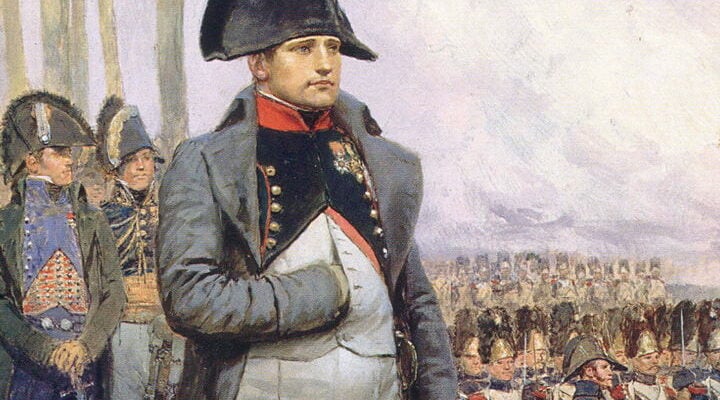Napoleon Bonaparte, a name synonymous with military genius and European history, had a life filled with not just battles and political maneuvers but also a series of complex and intriguing romantic relationships. His love life, particularly his relationship with Joséphine de Beauharnais, stands out as a chapter full of passion, drama, and unexpected twists.
At the heart of Napoleon’s personal life was his marriage to Joséphine, a union that captivated the public imagination then and continues to do so now. This relationship, often idealized in popular culture, was far more intricate than most realize. It wasn’t just about love; it was a blend of personal desire, political ambition, and the social norms of the era. The dynamics between Napoleon and Joséphine provide a fascinating glimpse into the personal life of one of history’s most renowned figures.
Joséphine herself was a compelling figure, bringing her own story to their union. Her life before Napoleon was marked by turmoil and tragedy, including a previous marriage that ended with her first husband’s execution during the Reign of Terror. This aspect of her life adds layers to the story of her and Napoleon, illustrating how their pasts influenced their relationship.
Furthermore, Napoleon’s love life before and after Joséphine reveals much about his character and ambitions. His early romantic interest in Desiree Clary, a wealthy merchant’s daughter, and his later liaisons reflect the interplay of love, power, and strategic alliances in his life. These relationships were not just matters of the heart but also played significant roles in the broader context of his political and military endeavors.
Check out 10 most interesting facts about Napoleon Bonaparte’s love life…
10 – Joséphine’s Past and its Impact
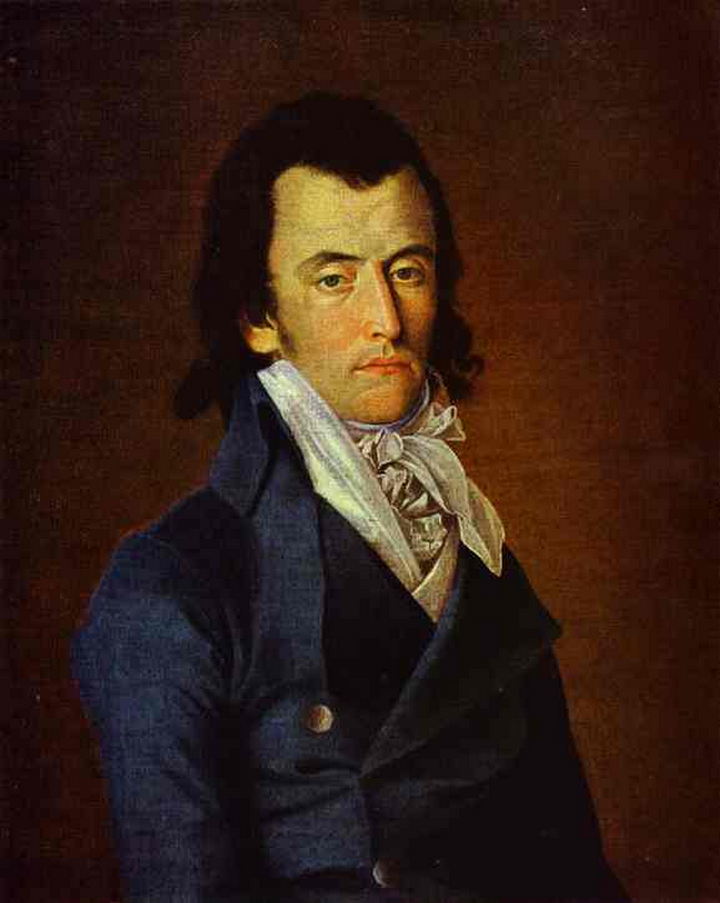
Before her fateful encounter with Napoleon, Joséphine de Beauharnais led a life marked by personal upheavals. Originally named Marie Josèphe Rose Tascher de La Pagerie, she was first married to Alexandre de Beauharnais. This early chapter of her life was fraught with challenges, including Alexandre’s execution during the Reign of Terror. Joséphine’s resilience through these turbulent times was remarkable, shaping her into the woman who would later capture Napoleon’s heart. This aspect of her past is not only intriguing but also crucial in understanding the depth and complexity of their relationship.
09 – The Passionate Correspondence
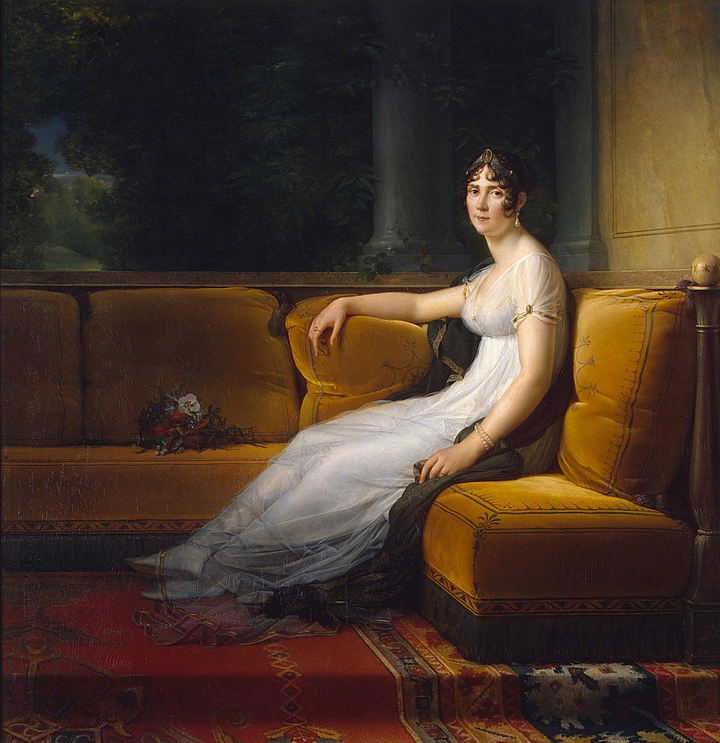
The vivid and passionate letters between Napoleon and Joséphine perhaps illustrate their relationship best. These letters, brimming with emotion, offer a window into their tumultuous relationship. Napoleon’s correspondence from his military campaigns reveals a man deeply in love, often expressing intense longing and affection. This exchange of letters not only highlights the intensity of their bond but also reflects the era’s romantic ideals, providing a stark contrast to Napoleon’s public image as a stoic military leader.
08 – Napoleon’s Early Love
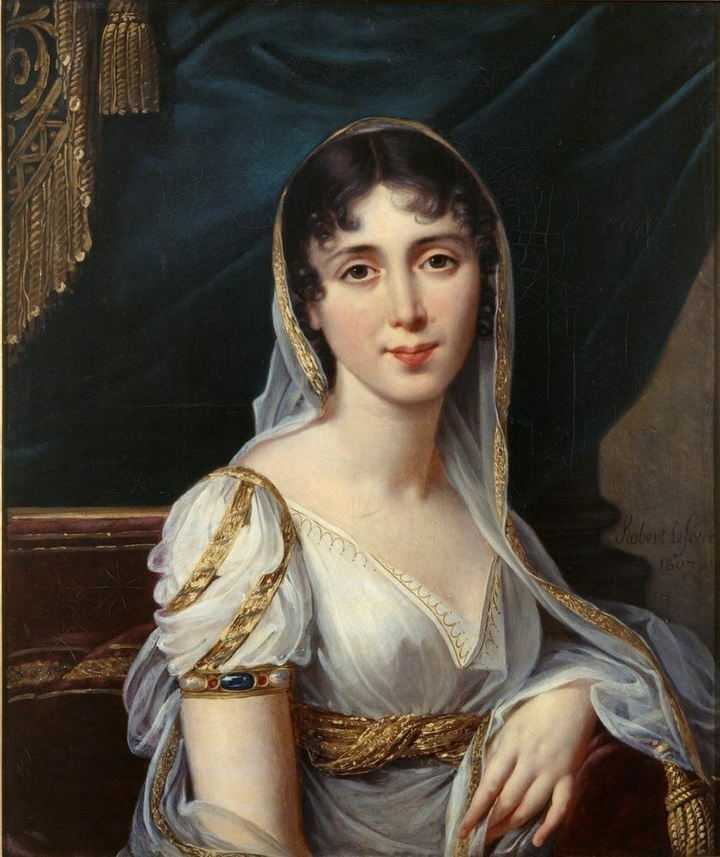
Long before Joséphine, a young Napoleon experienced a profound yet unfulfilled love. Desiree Clary, daughter of a wealthy merchant, was Napoleon’s first serious romantic interest. This relationship, born in his youth, showcases a lesser-known side of Napoleon: a young, ambitious man experiencing the pangs of first love. This early romance with Desiree Clary, though it did not lead to marriage, significantly influenced Napoleon’s early emotional life and hinted at his later complex relationships.
07 – A Marriage Marked by Infidelity
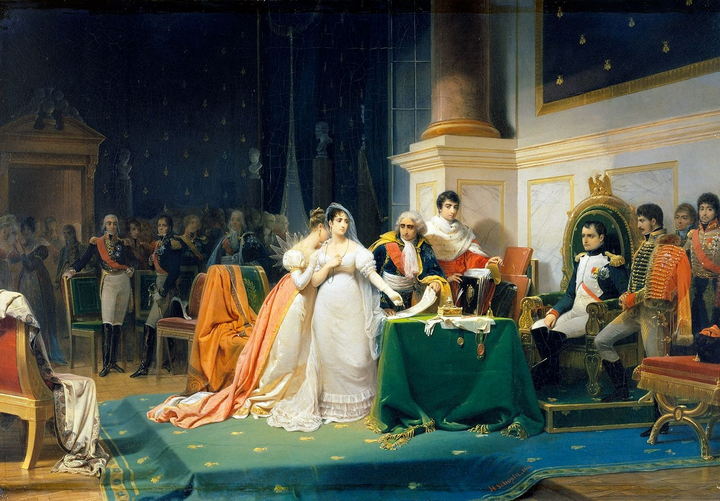
Napoleon and Joséphine’s marriage, often romanticized in history, was, in reality, marked by instances of infidelity and turmoil. While their love was profound, it was not exclusive, as both engaged in extramarital affairs. This element of their marriage paints a more realistic and less idealized picture of their relationship. It reflects the societal norms and personal challenges they faced, offering a more nuanced understanding of their bond. This fact challenges the often one-dimensional portrayal of historical figures, presenting them as real people with complex personal lives.
06 – Napoleon’s Strategic Marriages
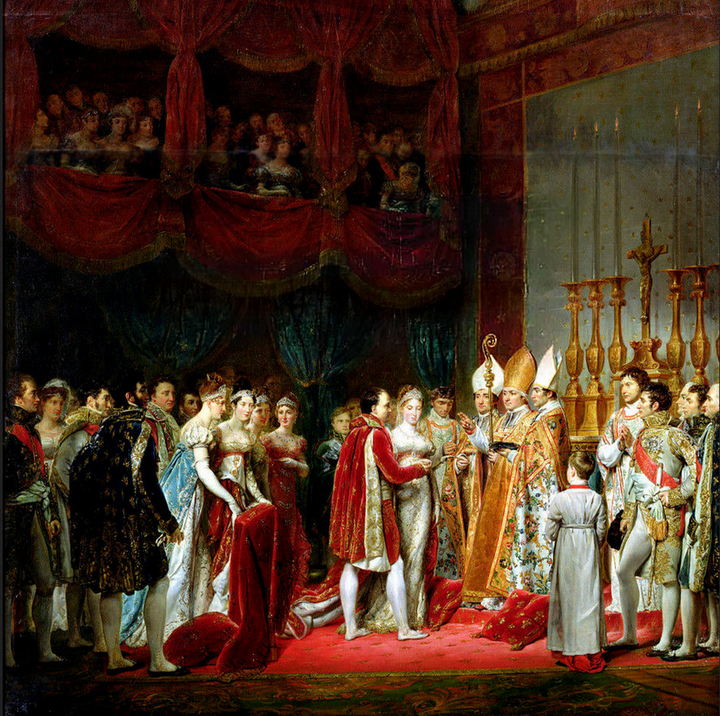
Post-Joséphine, Napoleon’s approach to love took a more strategic turn. His subsequent marriages, particularly to Marie Louise of Austria, were driven by political motives rather than romantic passion. This alliance was a significant political move, aimed at strengthening ties with Austria and securing an heir. This aspect of Napoleon’s love life highlights his ability to intertwine personal relationships with political strategy, showcasing a pragmatic side to his character often overshadowed by his romantic endeavors.
05 – Joséphine’s Influence on Napoleon’s Decisions
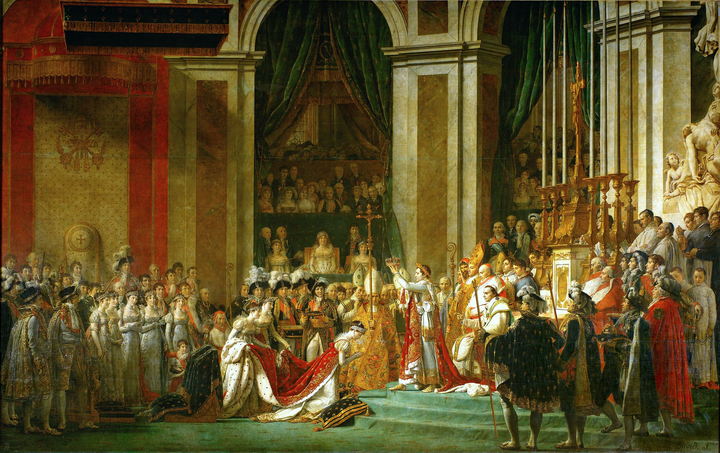
Joséphine’s influence extended beyond the personal realm into the political sphere. It is widely acknowledged that her insights and opinions were often sought by Napoleon, and at times, significantly influenced his decisions. This reveals a partnership that transcended traditional romantic boundaries, positioning Joséphine not just as a spouse but also as a trusted advisor. It’s a testament to her intellect and influence, underscoring the importance of their relationship in shaping political decisions.
04 – Napoleon’s Affairs and Strategic Romances
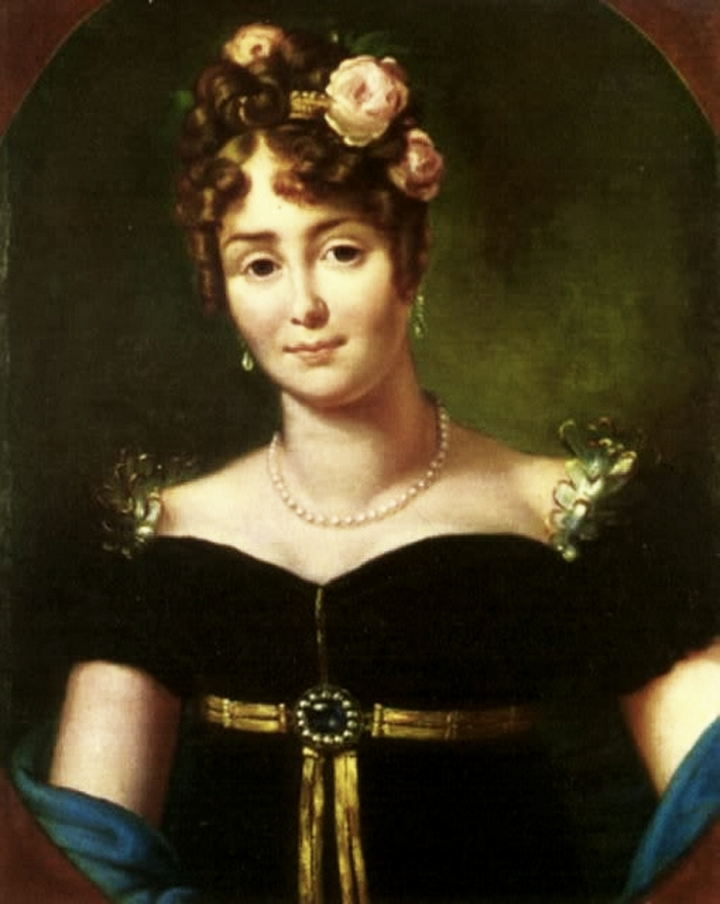
Despite his profound love for Joséphine, Napoleon’s marriage was not devoid of infidelity. He had several affairs, notably during his campaign in Egypt with a woman named Pauline, who was referred to as Cleopatra, and in Poland with Countess Maria Walewska. Additionally, his affair with Eléonore Denuelle resulted in a son. These relationships highlight not just his romantic inclinations but also a strategic aspect. Some of these affairs were possibly pursued to forge alliances and aid his political and diplomatic endeavors.
03 – Napoleon as a Romantic Author
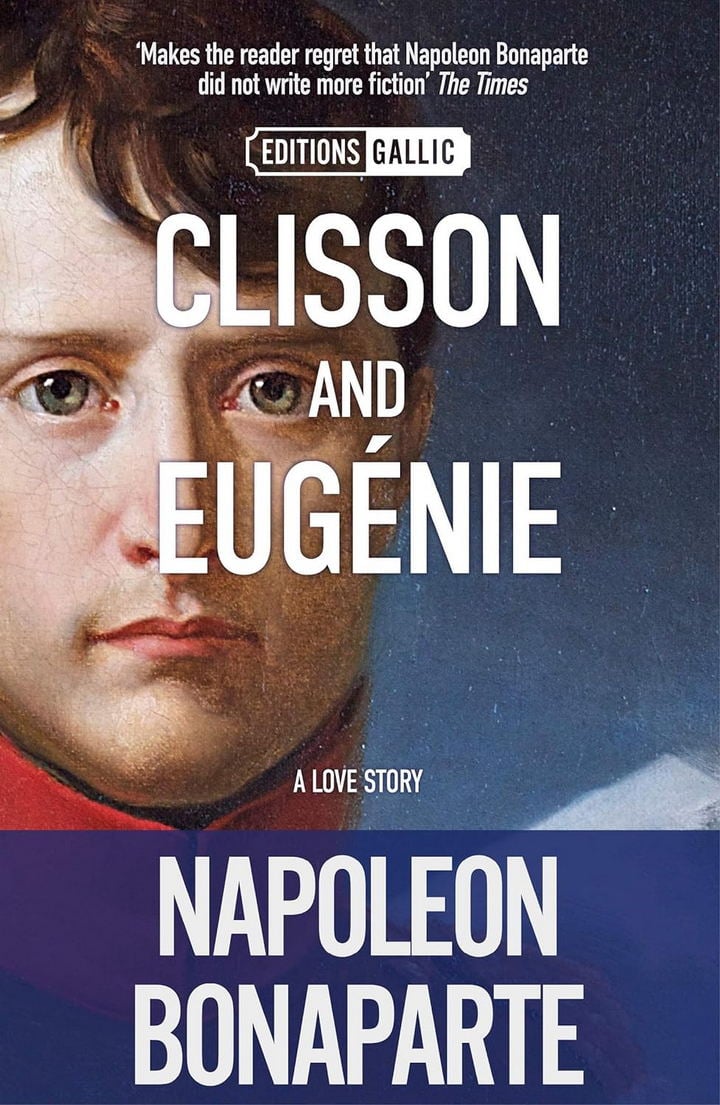
Napoleon Bonaparte’s talents extended beyond the battlefield and political arena; he also ventured into literature. Surprisingly, he authored a romance novel titled “Clisson et Eugénie”. This novel reflects a different facet of his personality, showcasing him as a romantic at heart. The story, believed to be inspired by his relationship with Eugénie Désirée Clary, to whom he was engaged before meeting Joséphine, depicts a young soldier’s romantic endeavors. This literary work adds another layer to our understanding of Napoleon’s complex character, revealing his capacity for romance and artistic expression.
02 – The Transformation of Napoleon’s Romantic Ideals
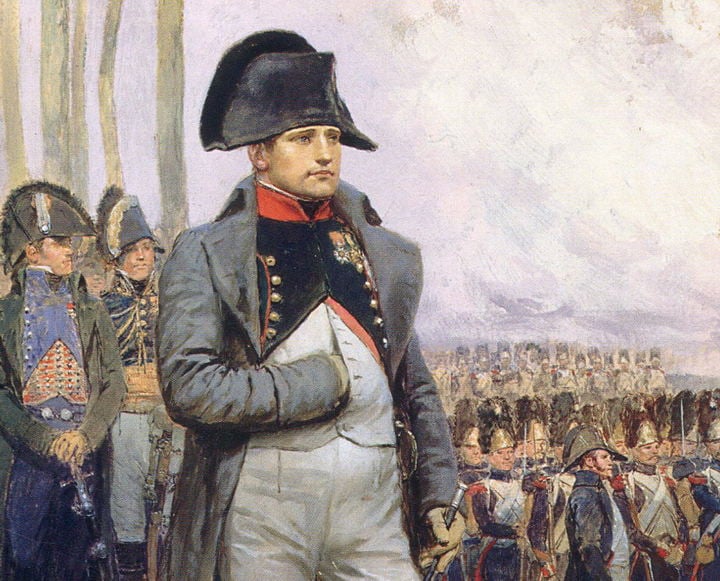
As Napoleon’s power grew, so did the evolution of his romantic ideals. The young, idealistic lover who penned heartfelt letters to Joséphine transformed into a pragmatic ruler, for whom marriage became a tool for political alliances and dynastic ambitions. This shift is particularly evident in his marriage to Marie Louise of Austria, a union that symbolized a strategic alliance more than a romantic endeavor. This transition in Napoleon’s approach to love and marriage reflects the changing priorities of his life and reign. It underscores how his personal desires gradually gave way to the demands of his empire and legacy. This fact not only adds depth to our understanding of Napoleon as a historical figure but also illustrates the broader societal and political context in which personal relationships were often secondary to political objectives.
01 – The Cinematic Interpretation of Napoleon’s Love Life
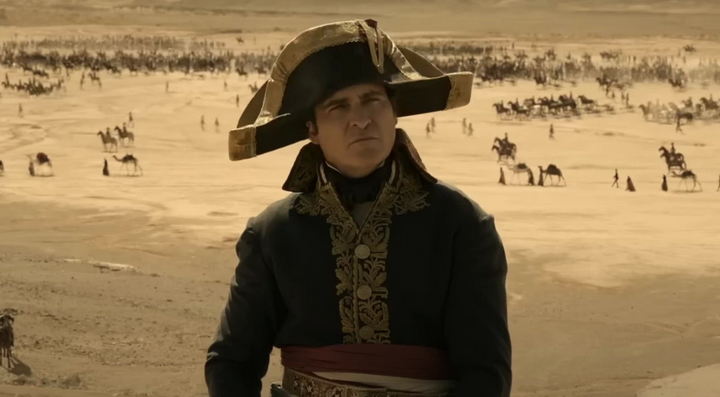
The impact of Napoleon Bonaparte’s romantic relationships, particularly his volatile and intense connection with Joséphine, has not only been a subject of historical analysis but has also captured the imagination of modern filmmakers. Recently, Ridley Scott directed a film titled “Napoleon,” featuring Joaquin Phoenix as Napoleon and showcasing the intricate dynamics of Napoleon’s rise to power and his relationship with Joséphine, played by Vanessa Kirby. The film, released in November 2023, is an epic historical drama that promises to offer a unique perspective on this iconic figure and his personal life.
“Napoleon” focuses on the emperor’s relentless journey to power, viewed through the lens of his relationship with his wife, which was both addictive and tumultuous. This cinematic portrayal is significant as it brings to light the personal side of a man known primarily for his military and political prowess. The film promises to delve into the complexities of Napoleon’s character, exploring how his ambitions, strategic mind, and famous battles were intertwined with his emotional life.
This recent representation in popular culture is a testament to the enduring fascination with Napoleon’s love life. It not only humanizes a historical figure often seen in a one-dimensional light but also offers insights into how personal relationships can influence public personas and decision-making on a grand scale. The film’s portrayal of Napoleon’s and Joséphine’s relationship is highlighting the interplay of love, power, and ambition, providing a more nuanced understanding of these historical figures.
The Enduring Intrigue of Napoleon’s Romantic Saga
In reflecting upon the 10 Most Interesting Facts About Napoleon’s Love Life, we are drawn into the intricate tapestry of a man whose impact on history is as much personal as it is political. Napoleon Bonaparte, a figure synonymous with military genius and political astuteness, also lived a life rich in romantic complexities. His relationships, especially with Joséphine de Beauharnais, were not mere footnotes in history but pivotal chapters that reveal much about his character and the era he shaped.
The love stories of Napoleon transcend the boundaries of mere historical events; they are narratives that resonate with the themes of passion, power, and the human condition. His romantic entanglements, whether driven by love, strategy, or political necessity, offer a fascinating glimpse into the emotional landscape of one of history’s most iconic leaders. They show us that behind the facade of the emperor was a man with desires, heartaches, and a capacity for deep affection.
Moreover, the way Napoleon’s love life has been interpreted and romanticized in literature, film, and popular culture speaks volumes about our endless fascination with the personal lives of historical figures. Works like Ridley Scott’s “Napoleon” remind us that the stories of love and power are timeless, continually finding relevance and resonance with contemporary audiences.
Napoleon’s story teaches us that history is not just a series of political events but a mosaic of human experiences. His love life, with its highs and lows, triumphs and tragedies, adds a profoundly human dimension to our understanding of a figure who has long been a subject of both admiration and scrutiny. In delving into his romantic past, we gain insights not only into the man but also into the times he lived in, offering lessons that remain relevant to this day.


